
The Importance Of Quality Sleep
Sleep is an essential tool directly connected to your mental well-being, facilitating the body’s natural repair and rejuvenation process. In between the phases of deep sleep, the REM phase – or Rapid Eye Movement phase – of your slumber, becomes an instrumental player in restoring your memory, focus, and optimal mind function. Not only does it fortify your ability to learn and retain memories, refining the essence of your day, but it also recharges those crucial hormones that lift your spirit and energize you.
The Sweet spot for adults is 7-9 hours of quality sleep for optimal performance. Our younger counterparts, the children and teenagers, need even more of this nighttime nectar. And if your nights often fall short of an 8-hour slumber, you might be unknowingly robbing yourself of the quality rest your body craves. While many think of sleep as a gift that just comes knocking, the reality paints a different picture. In the US alone, a staggering one in three individuals, and half of those over the age of 65, grapple with the elusive embrace of peaceful sleep. This struggle isn’t just tiresome; it’s taxing on mental well-being, health, professional productivity, and overall life quality. But here’s the good news: hypnosis for sleep is the powerful tool that you’ve been searching for to enhance your nighttime rejuvenation process.
Insomnia In A Nutshell
Struggling to fall asleep, waking up frequently during the night, or lying awake for extended periods can lead to feelings of exhaustion and exasperation. This continuous sleep deprivation can harm your health, sap your energy, and hinder your work performance. It might even impair your problem-solving abilities and diminish your resilience during stressful times. Furthermore, sleep deficiencies have been connected to weight gain and weakened immune defenses.
Pinpointing the exact cause of sleeplessness on your own can be challenging. Often, it’s a combination of factors like anxiety, stress, an unsuitable sleep environment or routine, lifestyle choices like alcohol or drug consumption, or the intake of stimulants such as nicotine and caffeine. Moreover, both physical and mental health issues can influence how you sleep.
Cognitive Behavioral Hypnotherapy serves as a beneficial tool in decreasing overall anxiety and quieting your mind at bedtime. By reshaping your thinking and breaking the cycle of overthinking, this approach paves the way for relaxation and consistent deep sleep.

What Are The Symptoms Of Insomnia?
Are you presently experiencing any of the symptoms listed below?
- Difficulty Falling Asleep: Spending more than 20-30 minutes trying to drift off after getting into bed.
- Waking Up Frequently: Finding yourself awake multiple times throughout the night without any apparent reason.
- Trouble Staying Asleep: Even if you fall asleep quickly, you might wake up in the middle of the night and have difficulty going back to sleep.
- Waking Up Too Early: Consistently waking up earlier than intended, and not being able to fall back asleep.
- Not Feeling Rested: Even after a full night’s sleep, you still feel fatigued, drowsy, or not well-rested.
- Daytime Fatigue: Regularly feeling tired, irritable, or having difficulty focusing during the day.
- Mood Disturbances: Increased feelings of stress, anxiety, or depression which may be linked to your sleep problems.
- Memory Problems: Difficulty in recalling details or concentrating, often due to the lack of restful sleep.
- Increased Errors or Accidents: A tendency to be more accident-prone or make mistakes due to reduced alertness.
- Tension Headaches: Experiencing a dull, aching pain in the head due to sleep disturbances.
- Worrying About Sleep: Constant concern or stress about not getting enough sleep or how you’ll sleep tonight.
Remember, everyone has an occasional sleepless night. But if these symptoms persist, it may indicate a deeper issue. Hypnotherapy can be an effective tool in addressing the root causes of insomnia and paving the way for better sleep. Reach out to Revibe Therapy today to find out how we can assist you in your journey to peaceful nights.
Individual Hypnotherapy For Insomnia & Quality Sleep Services Include
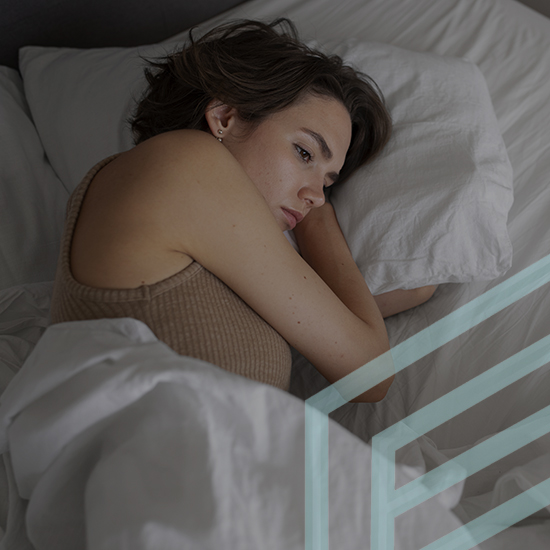

Insomnia Hypnotherapy
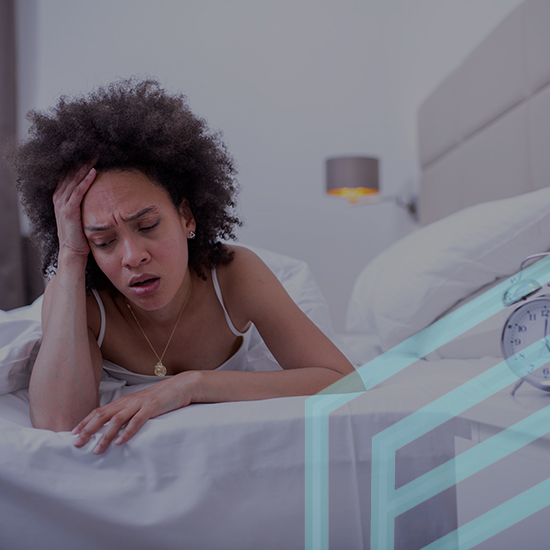
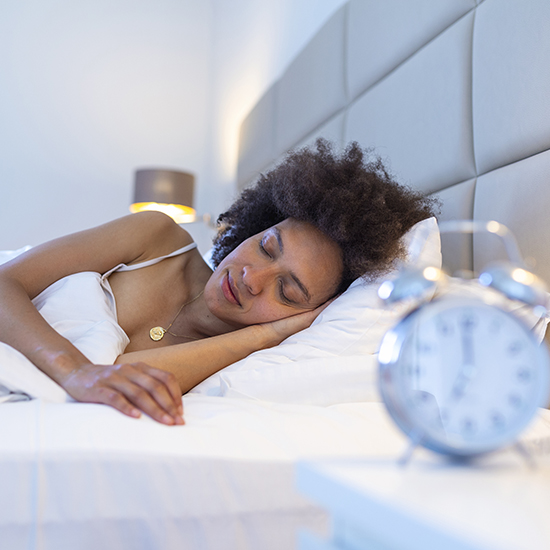
Hypnosis For Sleep And Anxiety


Hypnosis For Sleeping Naturally
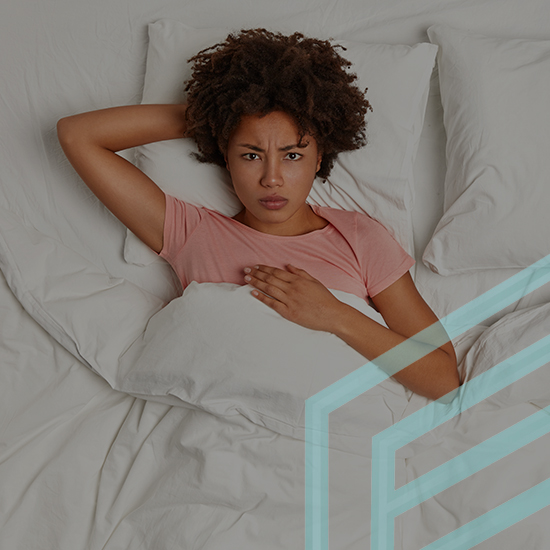

Interrupted Sleep Hypnosis
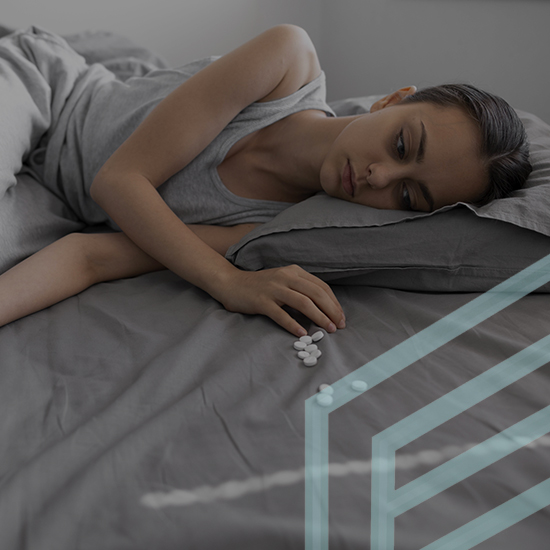
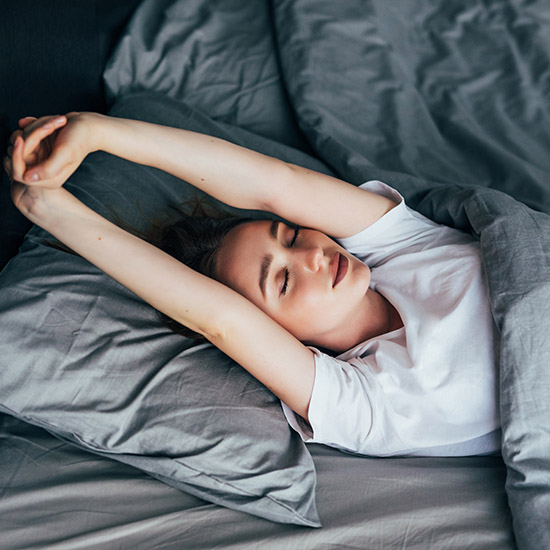
No Sleep Aids Hypnotherapy
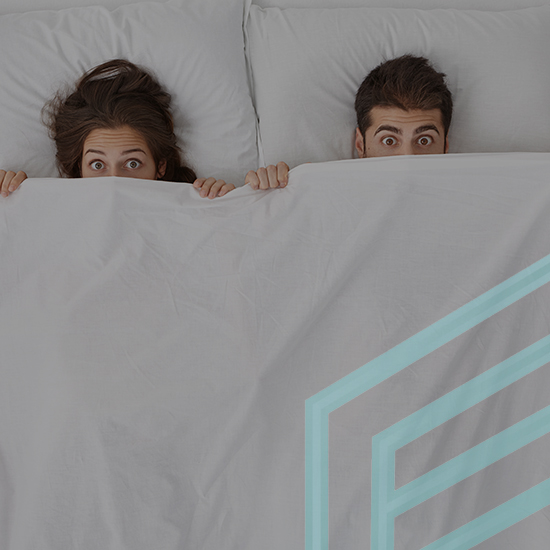

Fear Of Going To Bed Hypnosis
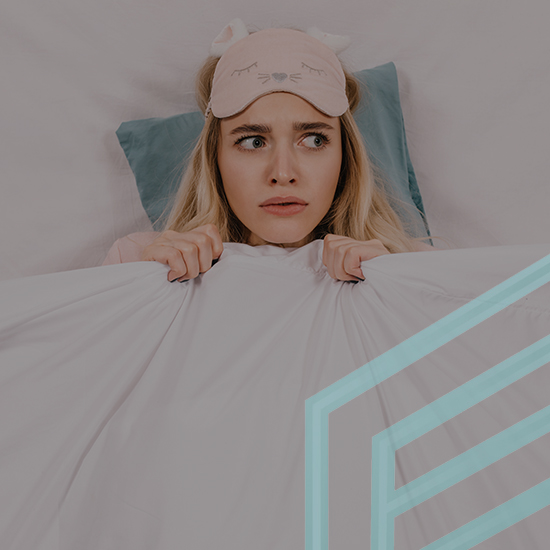
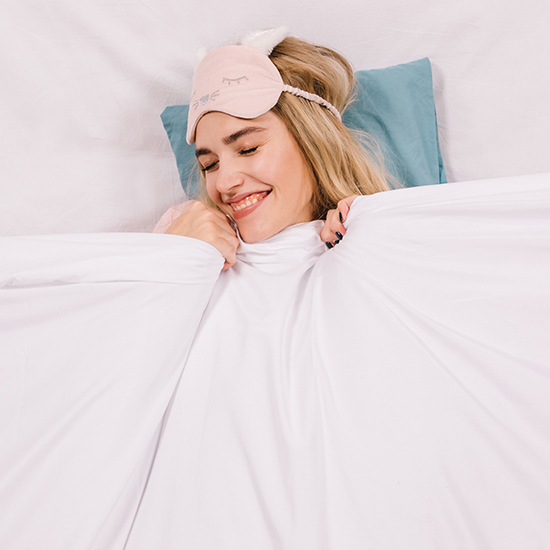
Fear Of Staying Awake Hypnotherapy
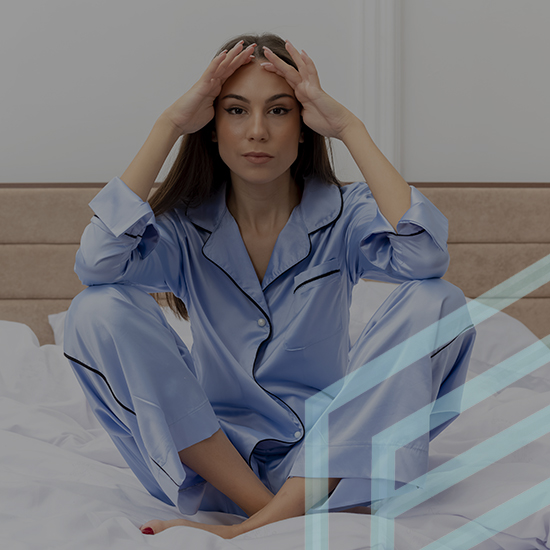

Calming The Overactive Mind Hypnosis
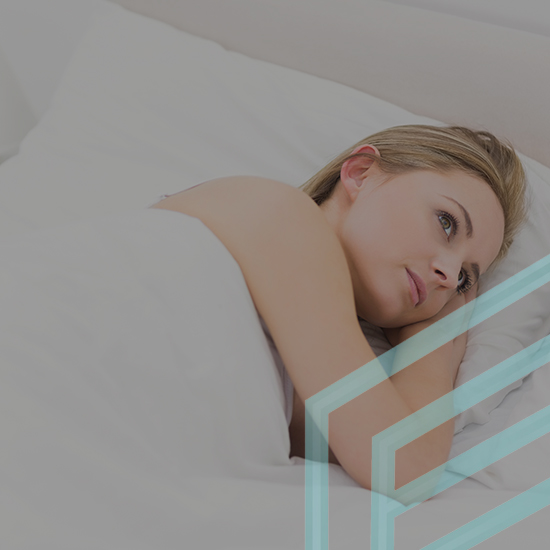
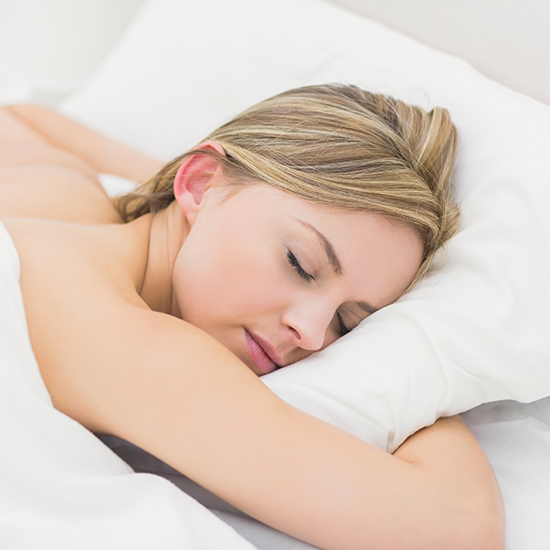
Sleeping Soundly Hypnotherapy


Pain Free Sleep Hypnotherapy
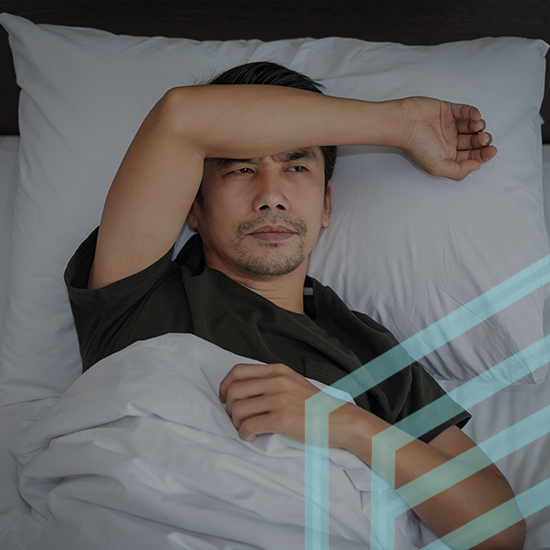
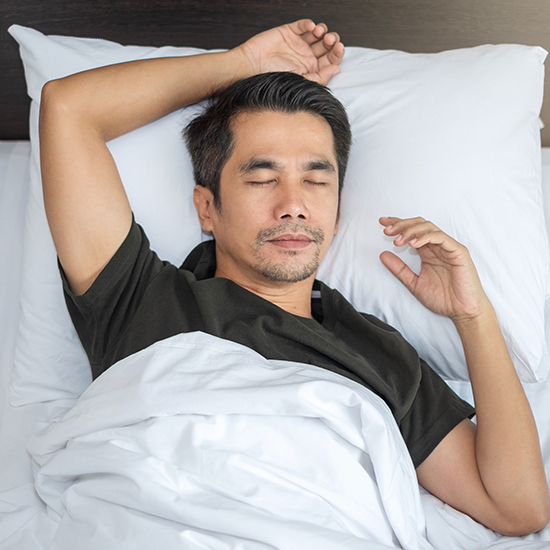
Pre Sleep Hypnotherapy
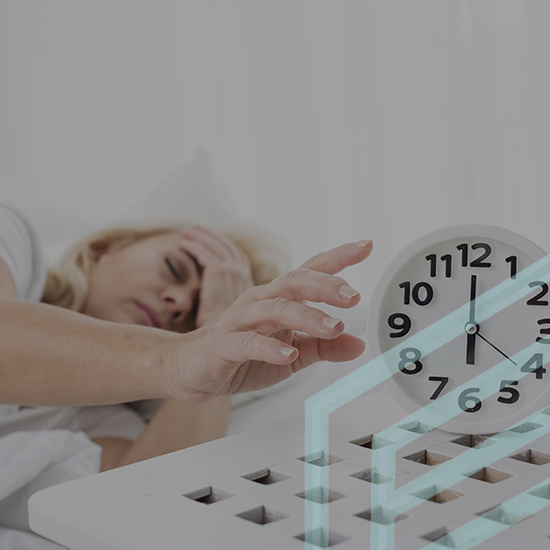
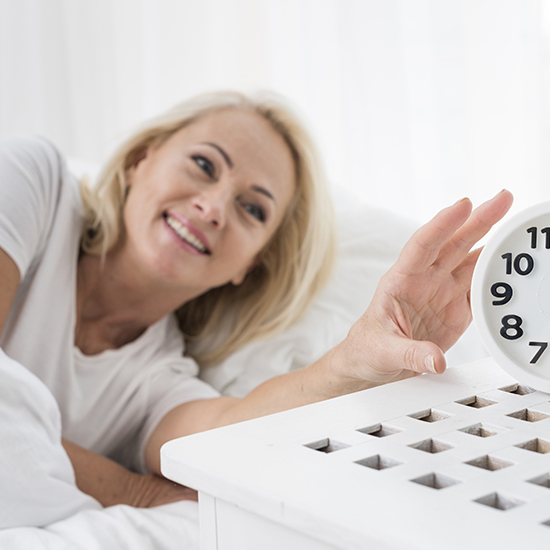
Circadian Rhythm Hypnosis
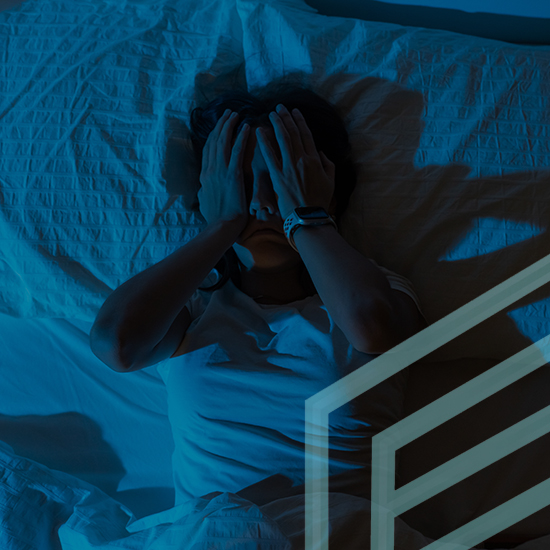
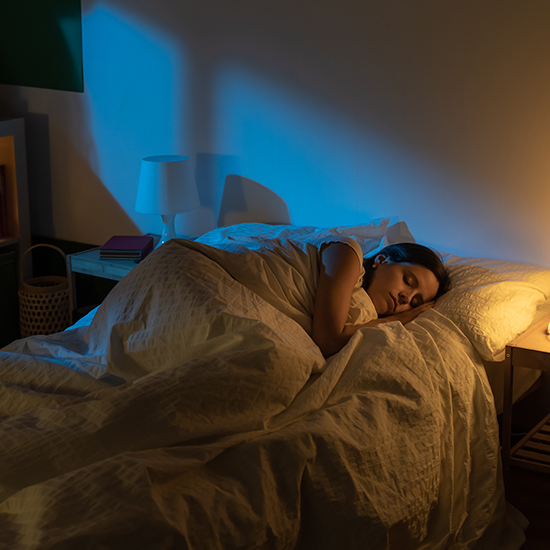
Fear Of The Dark Hypnosis
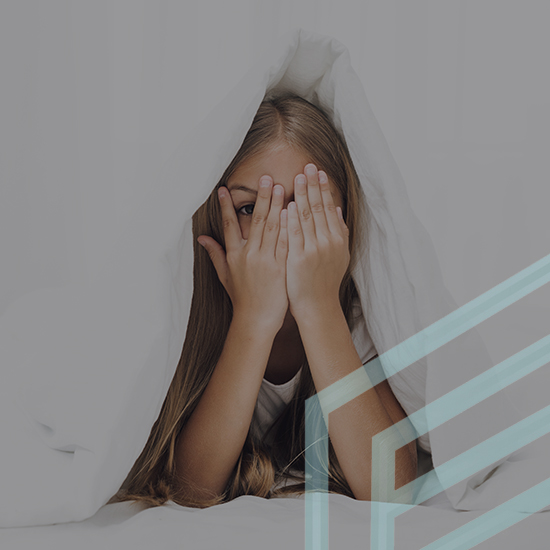

Safe Sleeping Hypnosis


Hypnosis For Sleep Walking
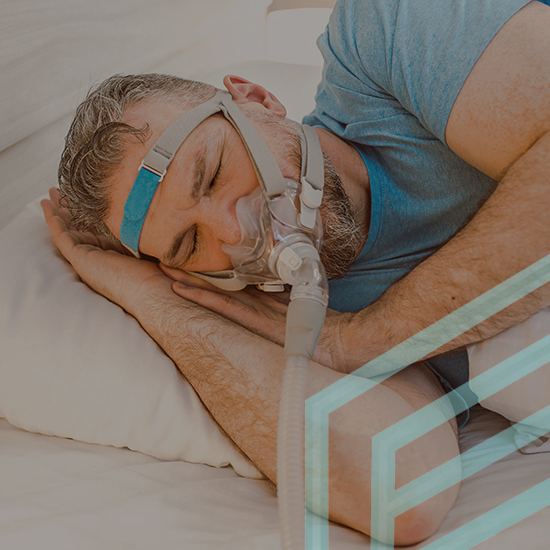

Sleep Apnea Hypnosis
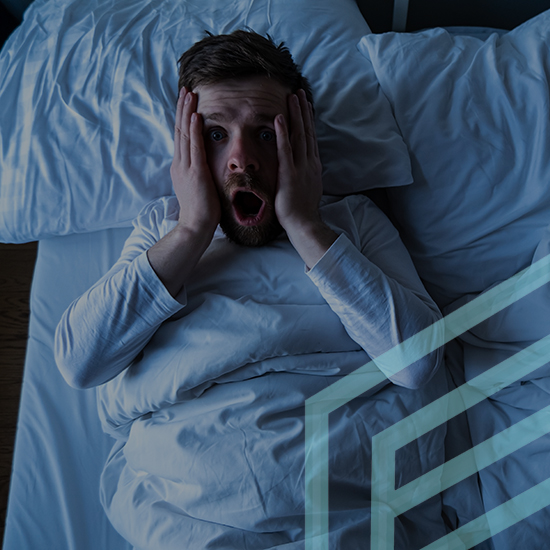
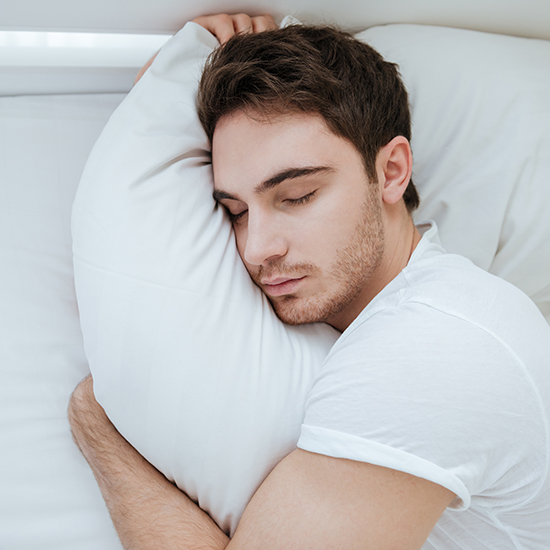
Night Terror Hypnosis


Fear Of Sleepovers Hypnosis
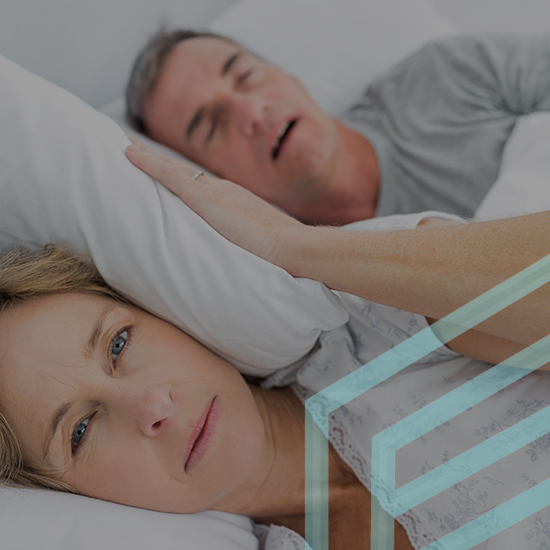

Sleep Talking Hypnotherapy
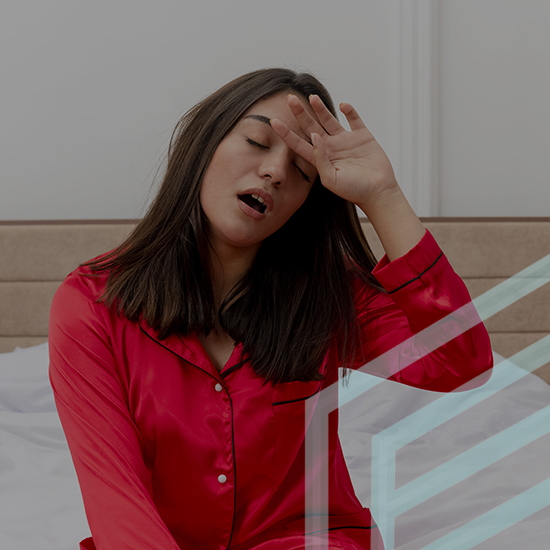
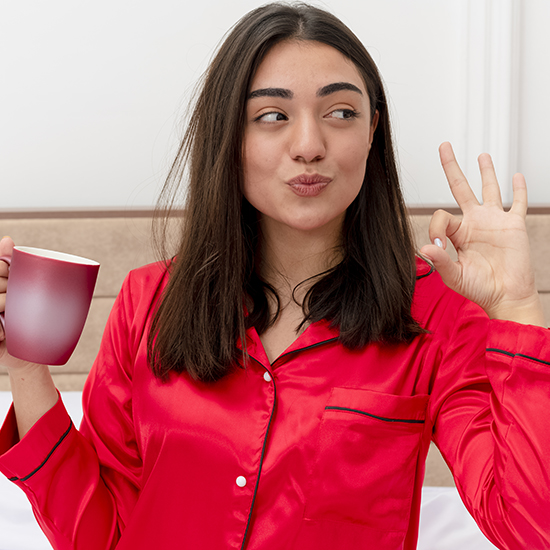
Morning Person Hypnotherapy
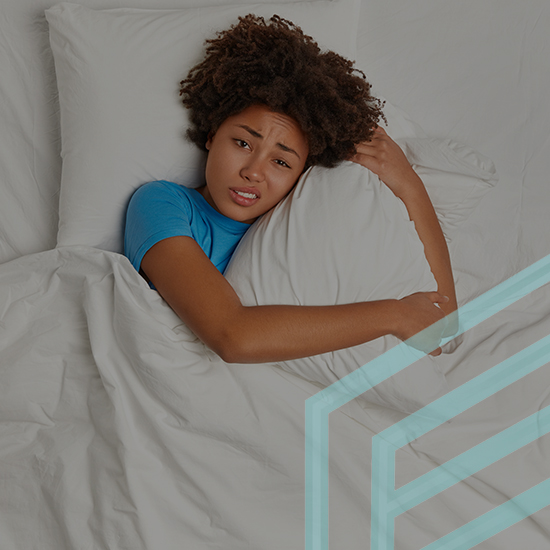

Bruxism Hypnotherapy


Teeth Grinding Hypnotherapy

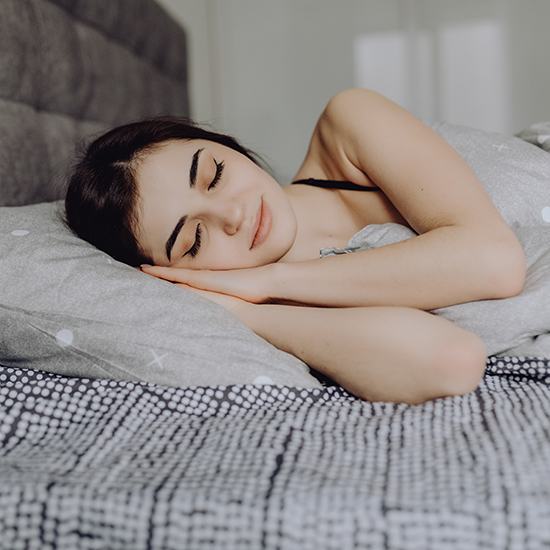
Night Snacking Hypnotherapy

